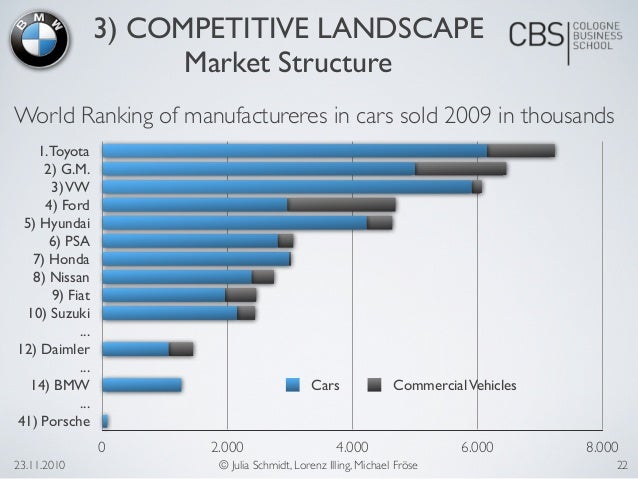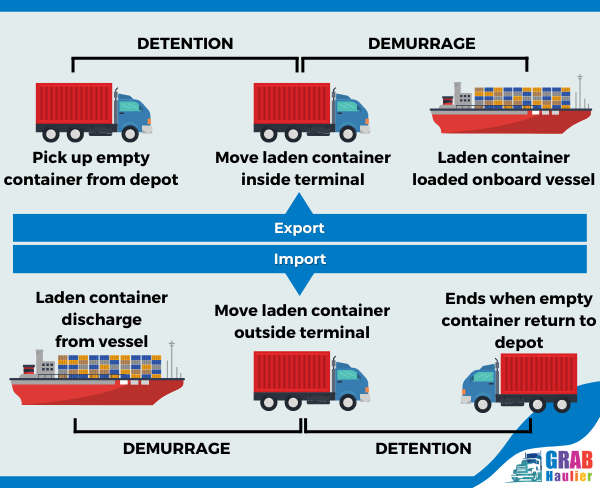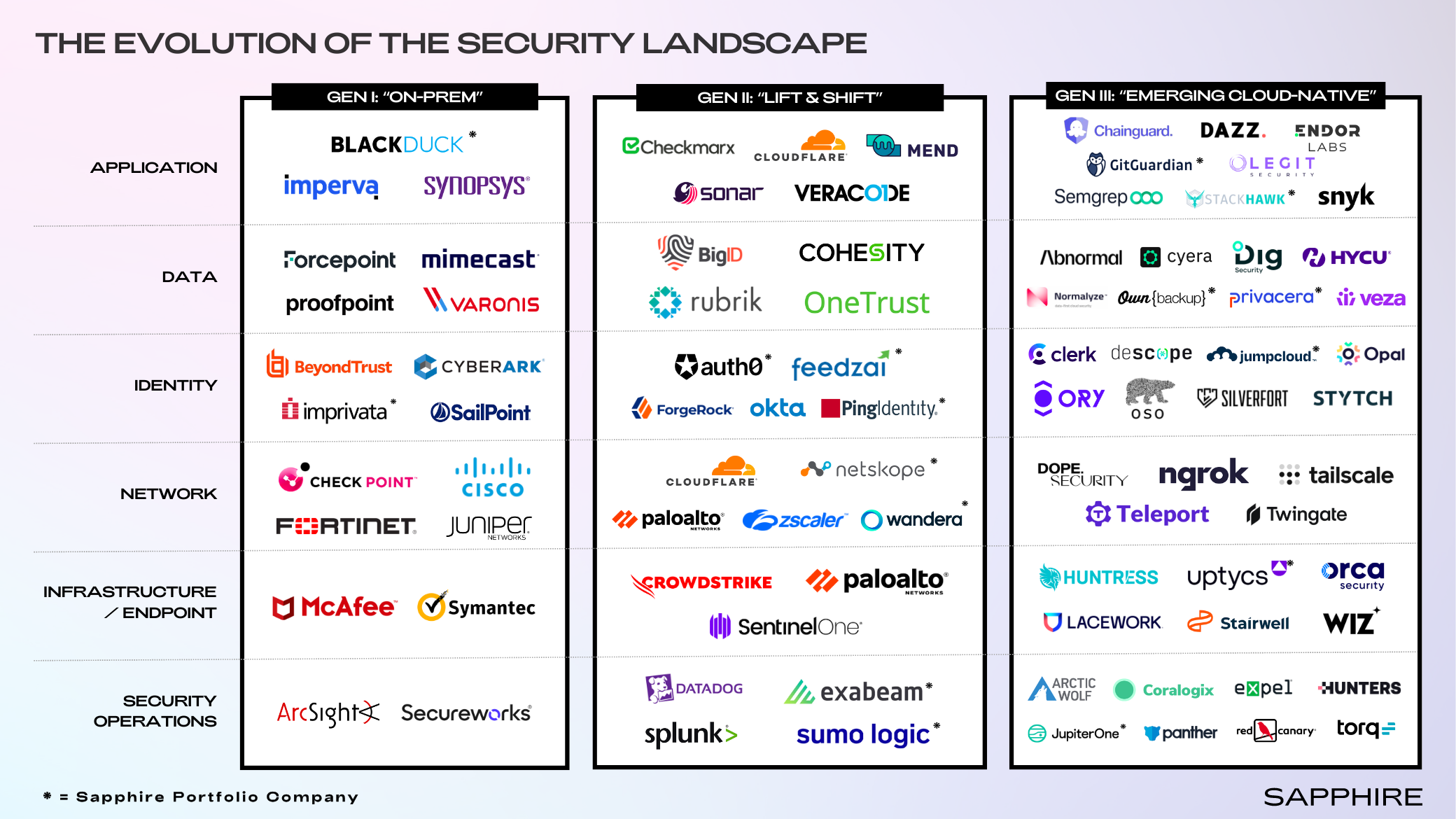Premium Car Market In China: Analyzing The Headwinds Facing BMW, Porsche, And Others

Table of Contents
The Rise of Domestic Competition
The most significant challenge facing premium car brands in China is the rapid rise of domestic competitors. No longer content with producing budget-friendly vehicles, Chinese manufacturers are aggressively entering the luxury segment, offering compelling alternatives to established international brands.
The Growing Strength of Chinese Luxury Brands
Chinese luxury brands like Hongqi, with its revival as a high-end marque, and BYD's premium line, Denza, are making significant inroads. Their success stems from a combination of factors:
- Competitive Pricing: Domestic brands often offer comparable features and quality at lower price points, making them attractive to price-sensitive luxury buyers.
- Targeted Marketing: These brands tailor their marketing campaigns to resonate with the unique preferences and aspirations of Chinese consumers.
- Technological Advancements: Chinese automakers are rapidly closing the technology gap, offering features like advanced driver-assistance systems (ADAS) and sophisticated infotainment systems. Examples include Hongqi's advanced autonomous driving features and BYD's Blade Battery technology.
Technological Advancements in Domestic Vehicles
Chinese brands are leveraging technological advancements to compete directly with established players. This includes:
- Electric Vehicle (EV) Technology: Chinese manufacturers are at the forefront of EV innovation, offering a range of electric luxury vehicles with impressive battery ranges and charging speeds.
- Advanced Driver-Assistance Systems (ADAS): Many Chinese luxury vehicles boast sophisticated ADAS features, rivaling or exceeding those offered by their international counterparts.
- Connectivity and Infotainment: Seamless integration of smartphones and advanced connectivity features are becoming standard in Chinese luxury vehicles, appealing to tech-savvy consumers.
Economic Slowdown and Shifting Consumer Preferences
The premium car market in China is also significantly impacted by macroeconomic factors and evolving consumer preferences.
Impact of Economic Uncertainty
Economic slowdowns and global uncertainties directly influence consumer spending on luxury goods.
- Decreased Consumer Confidence: Periods of economic instability lead to decreased consumer confidence, impacting discretionary spending on luxury vehicles.
- Geopolitical Factors: International tensions and trade disputes can also affect market stability and consumer sentiment. Data on GDP growth, consumer confidence indices, and luxury goods sales in China provides a clear picture of the fluctuating market.
Evolving Consumer Demands
Chinese consumers are increasingly demanding sustainability, technological sophistication, and personalized experiences.
- Increased Demand for EVs: Environmental concerns and government incentives are driving a surge in demand for electric vehicles, forcing premium brands to adapt their offerings.
- Preference for Domestically Produced Vehicles: Nationalistic sentiments and a growing trust in domestic brands are contributing to increased preference for locally manufactured vehicles.
- Personalized Experiences: Consumers are seeking tailored experiences, from vehicle customization options to personalized after-sales service.
Navigating Regulatory Hurdles and Import Tariffs
Navigating China's regulatory landscape is another significant hurdle for premium car brands.
Government Regulations and Policies
Government policies, regulations, and import tariffs directly impact the pricing and availability of premium vehicles.
- Emission Standards: Stringent emission regulations require significant investments in cleaner technologies.
- Import Tariffs: High import duties can significantly increase the cost of imported vehicles.
- Safety Regulations: Compliance with rigorous safety regulations adds to manufacturing costs.
Supply Chain Disruptions and Import Challenges
Logistical challenges related to importing vehicles and components into China further complicate operations.
- Port Congestion: Delays at Chinese ports can lead to disruptions in supply chains.
- Shipping Costs: Fluctuating shipping costs directly impact the profitability of importing premium vehicles.
- Component Shortages: Global supply chain issues can lead to shortages of critical components, impacting production schedules.
Marketing and Branding Strategies in a Competitive Landscape
Successfully competing in China's premium car market requires a sophisticated marketing and branding strategy.
The Importance of Localized Marketing
Adapting marketing strategies to resonate with the unique preferences of Chinese consumers is paramount.
- Brand Ambassadors: Partnering with influential celebrities and social media personalities can significantly boost brand awareness.
- Tailored Marketing Campaigns: Developing marketing campaigns that cater to the specific cultural nuances and values of Chinese consumers is crucial.
- Digital Marketing: Leveraging digital platforms like WeChat and Weibo to reach target audiences is essential.
Building Brand Loyalty in a Changing Market
Maintaining brand loyalty amidst intense competition requires proactive strategies.
- Exceptional Customer Service: Providing exceptional after-sales service and personalized customer experiences is essential for retaining customers.
- Innovation and Technological Leadership: Continuously innovating and staying at the forefront of technological advancements can help maintain a competitive edge.
- Strengthening Brand Identity: Reinforcing the brand's heritage and values while adapting to changing consumer preferences is crucial for long-term success.
The Future of the Premium Car Market in China
The premium car market in China faces a complex interplay of domestic competition, economic headwinds, regulatory hurdles, and evolving consumer preferences. International brands must adapt and innovate to maintain their market share. Successfully navigating this challenging landscape requires a combination of localized marketing strategies, technological innovation, and a keen understanding of the evolving needs and aspirations of Chinese consumers. To stay abreast of the latest developments in the premium car market in China, continue your research by subscribing to industry publications such as Automotive News China or following key players on social media. Understanding the nuances of the premium car market in China is crucial for success in this dynamic and competitive environment.

Featured Posts
-
 New Us Port Fees 70 Million Hit For Auto Carrier
Apr 26, 2025
New Us Port Fees 70 Million Hit For Auto Carrier
Apr 26, 2025 -
 The Countrys Evolving Business Landscape Mapping Key Growth Areas
Apr 26, 2025
The Countrys Evolving Business Landscape Mapping Key Growth Areas
Apr 26, 2025 -
 Is Shedeur Sanders A Top 3 Nfl Draft Prospect Expert Analysis And Predictions
Apr 26, 2025
Is Shedeur Sanders A Top 3 Nfl Draft Prospect Expert Analysis And Predictions
Apr 26, 2025 -
 The Deion Sanders Nike Connection Shedeur Sanders Brand Allegiance
Apr 26, 2025
The Deion Sanders Nike Connection Shedeur Sanders Brand Allegiance
Apr 26, 2025 -
 Early Birthday Surprise A Kings Party Preparations
Apr 26, 2025
Early Birthday Surprise A Kings Party Preparations
Apr 26, 2025
Latest Posts
-
 Liga Chempionov 2024 2025 Prognoz Raspisanie I Translyatsii Polufinalov I Finala
May 09, 2025
Liga Chempionov 2024 2025 Prognoz Raspisanie I Translyatsii Polufinalov I Finala
May 09, 2025 -
 Statistika I Prognozy Na Polufinaly I Final Ligi Chempionov 2024 2025
May 09, 2025
Statistika I Prognozy Na Polufinaly I Final Ligi Chempionov 2024 2025
May 09, 2025 -
 Polufinal I Final Ligi Chempionov 2024 2025 Data Vremya Prognozy I Translyatsii
May 09, 2025
Polufinal I Final Ligi Chempionov 2024 2025 Data Vremya Prognozy I Translyatsii
May 09, 2025 -
 Raspisanie I Prognozy Polufinaly I Final Ligi Chempionov 2024 2025
May 09, 2025
Raspisanie I Prognozy Polufinaly I Final Ligi Chempionov 2024 2025
May 09, 2025 -
 Psg Dominon Formacionet E Gjysmefinaleve Te Liges Se Kampioneve
May 09, 2025
Psg Dominon Formacionet E Gjysmefinaleve Te Liges Se Kampioneve
May 09, 2025
